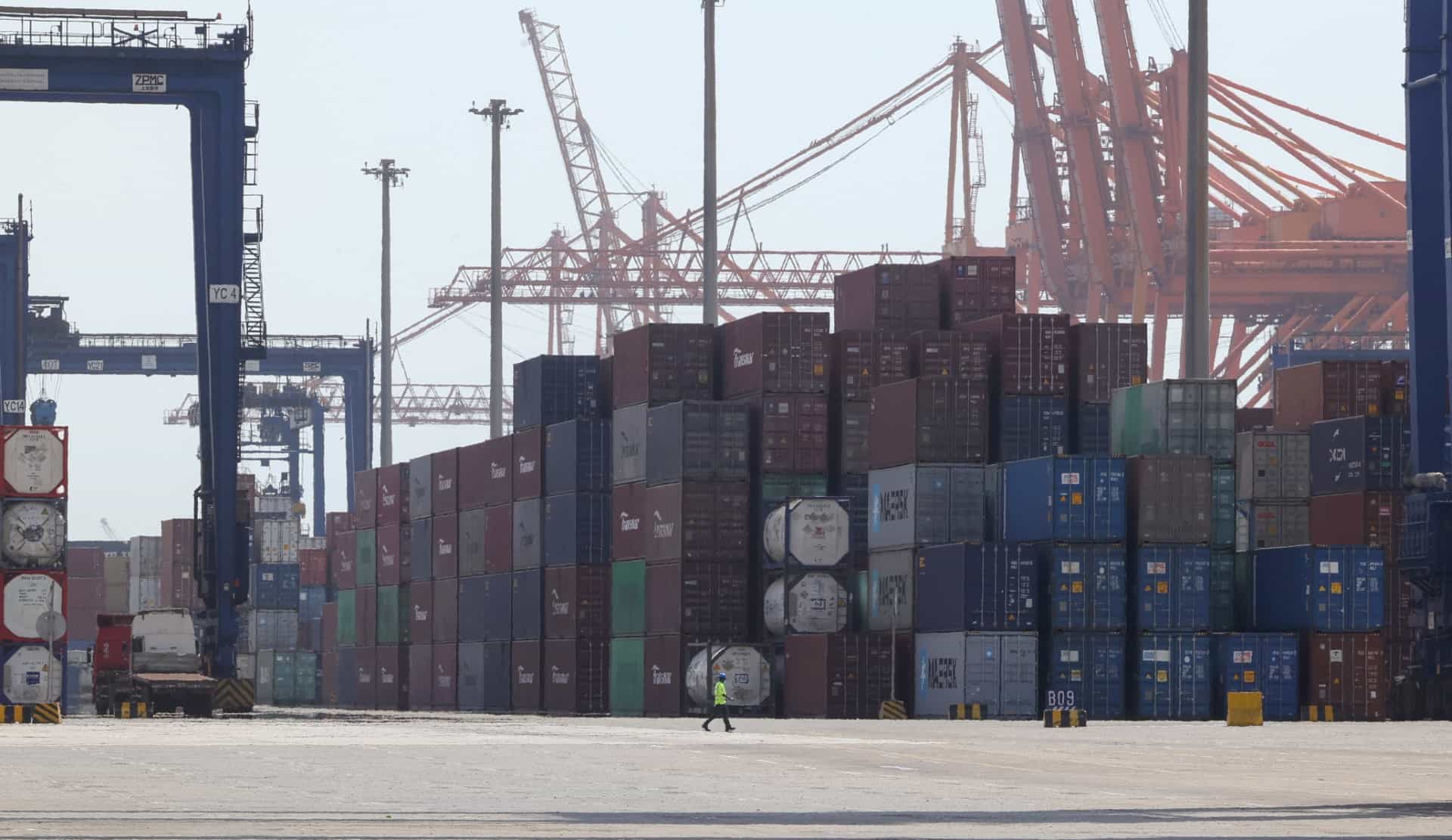Riyadh, Saudi Arabia — Saudi Arabia has established duty-free markets at airports, ports, and land ports, which is a step toward supporting its infrastructure development, strengthening logistics, and providing a unique business environment in the transport sector, air traffic, and ports.
The recent official announcement for establishing duty-free shops aligns with Saudi Arabia’s strategic transformation in support services, operations, and commercial business in the three main outlets.
As sales will be limited to travelers, the free-market system does not necessarily mean providing total freedom to purchase all products without fees or customs. Saudi Arabia hopes these markets will grow significantly, especially with its massive plans to attract millions of travelers in the coming years.
No alcohol
The Saudi Zakat, Tax, and Customs Authority issued customs rules, conditions, and procedures for establishing free markets at air, sea, and land ports on January 6, 2023, emphasizing that alcohol will not be sold there.
According to the authority’s statement, all these requirements are per the GCC countries’ unified customs system, which includes conditions related to the operation of free markets, as well as provisions related to the requirements of operating licenses and other related controls.
The authority emphasized that opening several free markets will help support supply chains and improve logistical services by offering a diverse range of goods and products for purchase while traveling.
It added that the duty-free shops would provide additional sales channels for local businesses by selling their products to duty-free operators, who will promote national products by displaying them in the sales halls.
It’s worth mentioning that this step came about a year after the Saudi Shura Council demanded that the free-market projects should be launched as soon as possible as they significantly contribute to the national economy.
At that time, Saudi Investment Minister Khaled Al-Falih revealed that the Saudi capital, Riyadh, will host six of the 20 free zones that Saudi Arabia hopes to establish, in addition to financial centers that house major international corporations and digital economic zones.
This decision does not imply that there was never a free market in the kingdom’s major airports, but that it was restricted to duty-free shops in the departure halls of international airports, namely “King Abdulaziz,” “King Khalid,” “King Fahd,” “King Fahd” airports and Prince Muhammad bin Abdul Aziz” in Medina, limiting its growth and expansion.
According to the Saudi newspaper Al-Watan, the new revisions permit the existence of duty-free shops in each of the air, land, and seaports, as well as on board ships and airplanes, for sale to passengers and flight crew in the arrival and departure halls.
In addition, the revision added a condition for subsidizing national-made products by 20%, selling according to the quantities allowed for each traveler by the customs system, and a condition for adherence to not selling expired products and establishing a policy to destroy the goods before they expire.
Local economy
The importance of free zones stems from the fact that they benefit Saudi factories and companies while also assisting the local Saudi economy by creating jobs and industries that will appeal to it and make it a broad area of attraction.
Furthermore, free markets would increase Saudi exports, reinforcing Saudi Arabia’s efforts to diversify its economy beyond oil, including tourism and travel, which would benefit the country’s development, particularly in international airports linked to large flights with multiple countries.
Saudi Arabia intends to increase passenger capacity to 4.5 million tons, up from around 800,000 tons in 2019. It also intends to rank first in the region in air freight and increase capacity to 330 million passengers per year, up from 103 million in 2019. The Kingdom improved its ranking in the World Economic Forum’s travel and tourism development index, which is published every two years. It was ranked 43rd in the world in 2019, and is expected to rise to 33rd by 2021.








